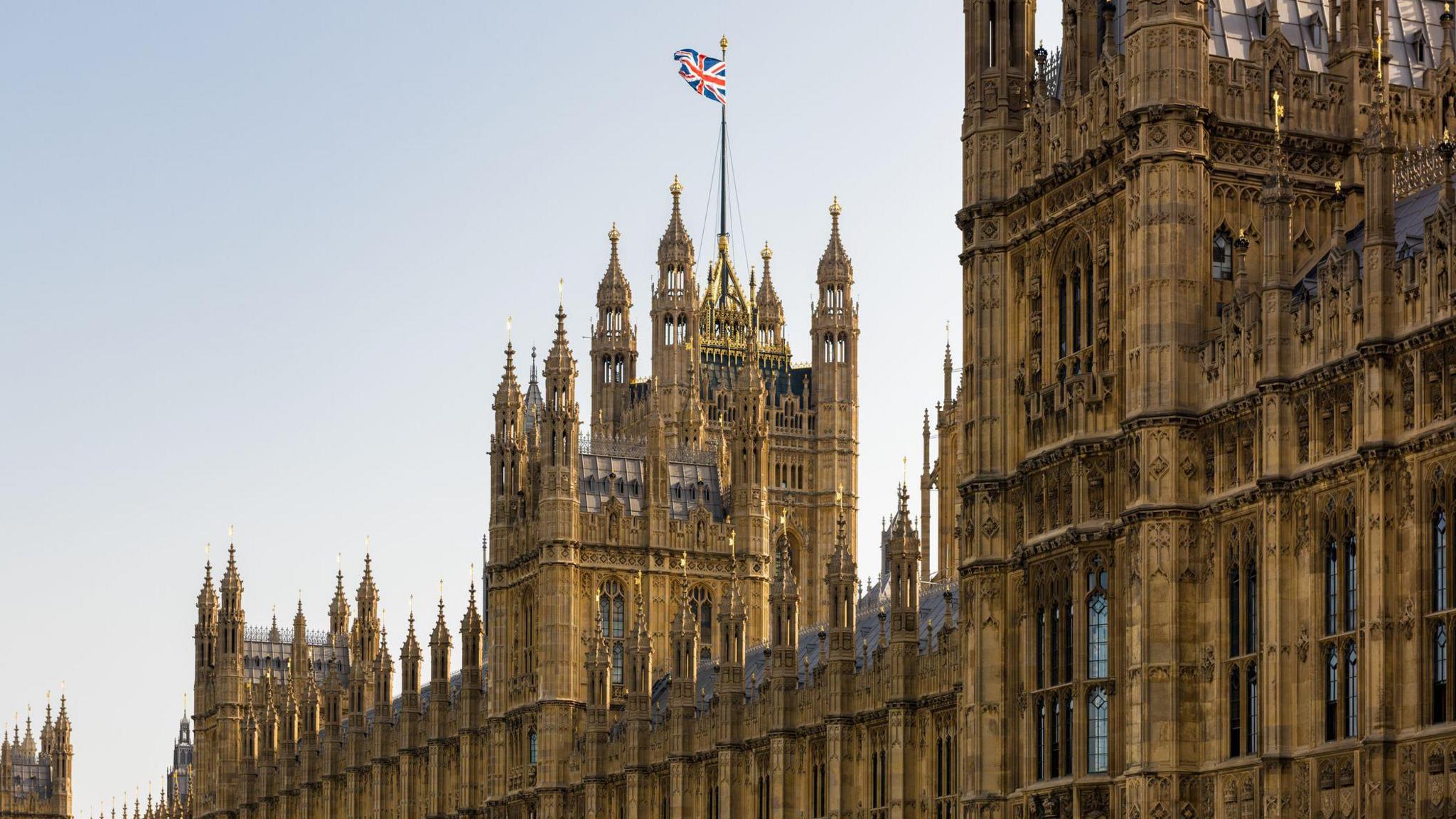French president calls snap election
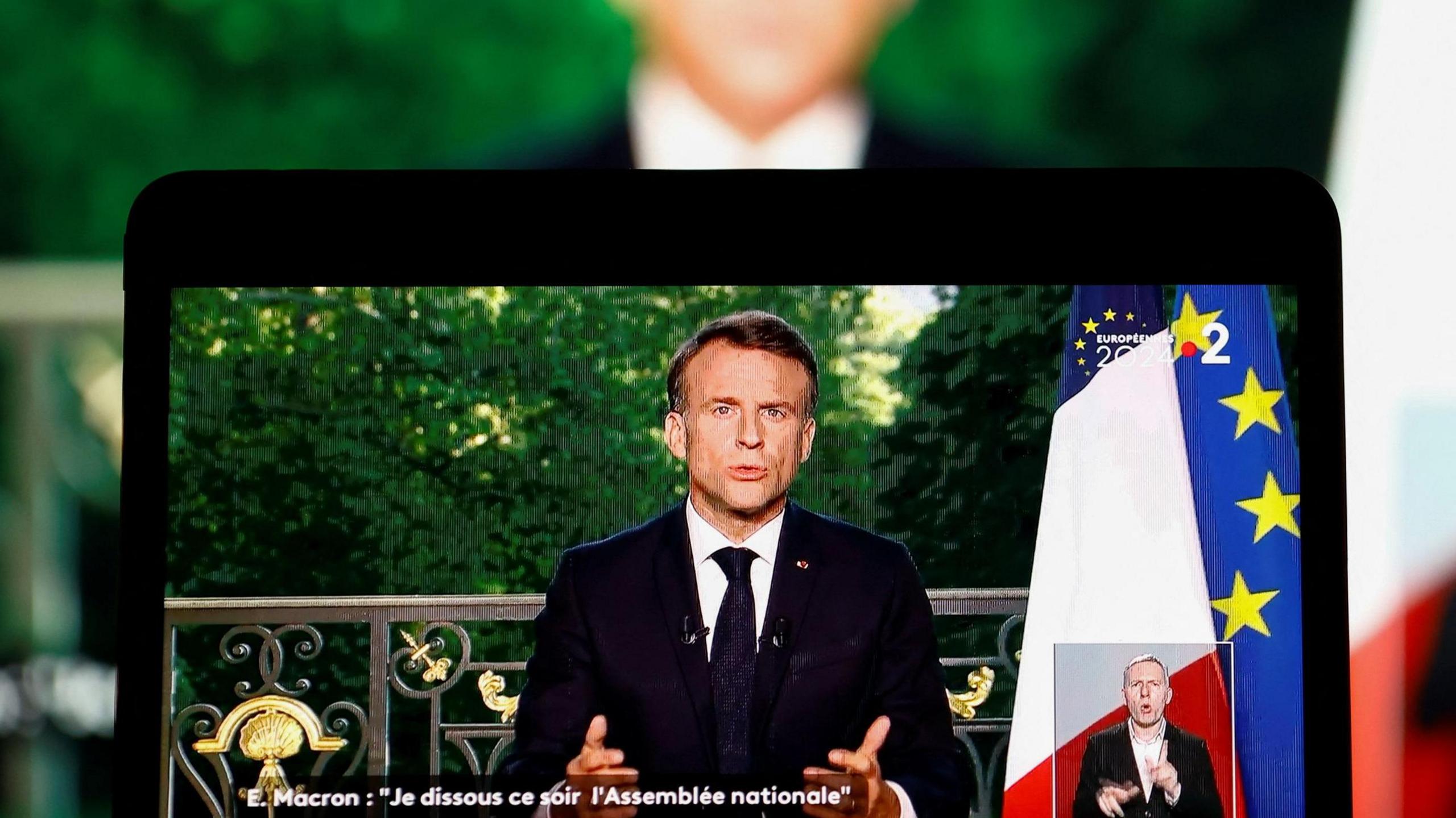
Emmanuel Macron gave a speech last night following the EU elections
- Published
The UK isn't the only country heading into an election this summer.
The French president Emmanuel Macron has called a snap election and dissolved the National Assembly, which is part of the French parliament - a bit like the House of Commons in the UK.
It's after his party suffered a big loss at the EU elections, where people in countries across the European Union elect representatives from their country to represent them as members of the European Parliament (MEPs).
It comes just weeks before the country starts to welcome visitors from around the world for the Olympic and Paralympic games.
What is the European Union?
- Published28 November 2018
Macron re-elected president of France
- Published25 April 2022
Who is Emmanuel Macron?
- Published14 May 2017
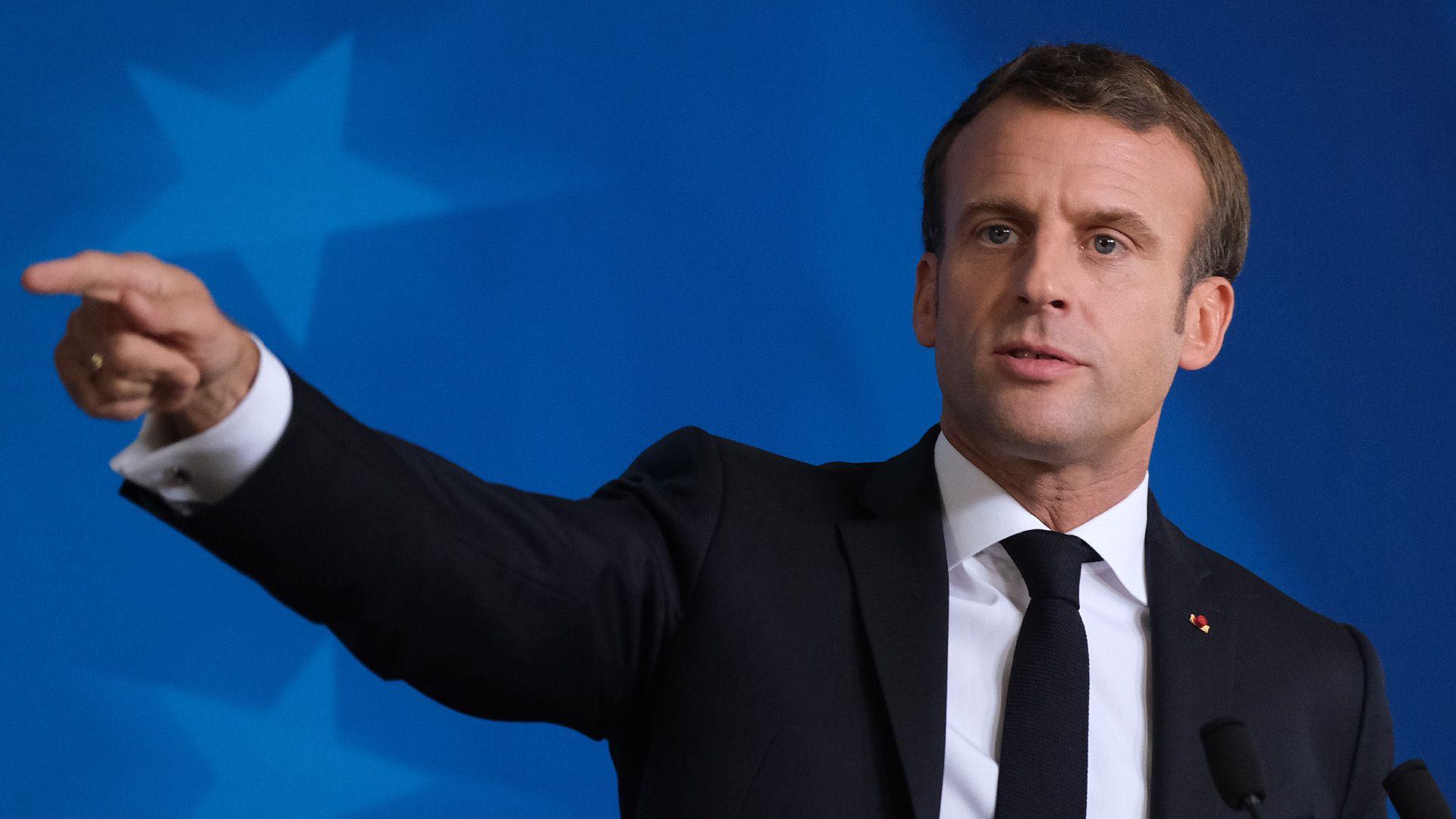
Emmanuel Macron didn't need to call this election.
Known as a snap election - it's when a sudden vote is called much earlier than expected.
Macron won the last presidential elections in 2022 with 58.55% of the vote against his main political rival, Marine Le Pen who got 41.45%.
But in the European elections, Le Pen's National Rally party won more than 31% of the vote - more than double that of Macron's Renaissance party.
Macron and Le Pen have very different views on how France should be run.
What are the EU elections?
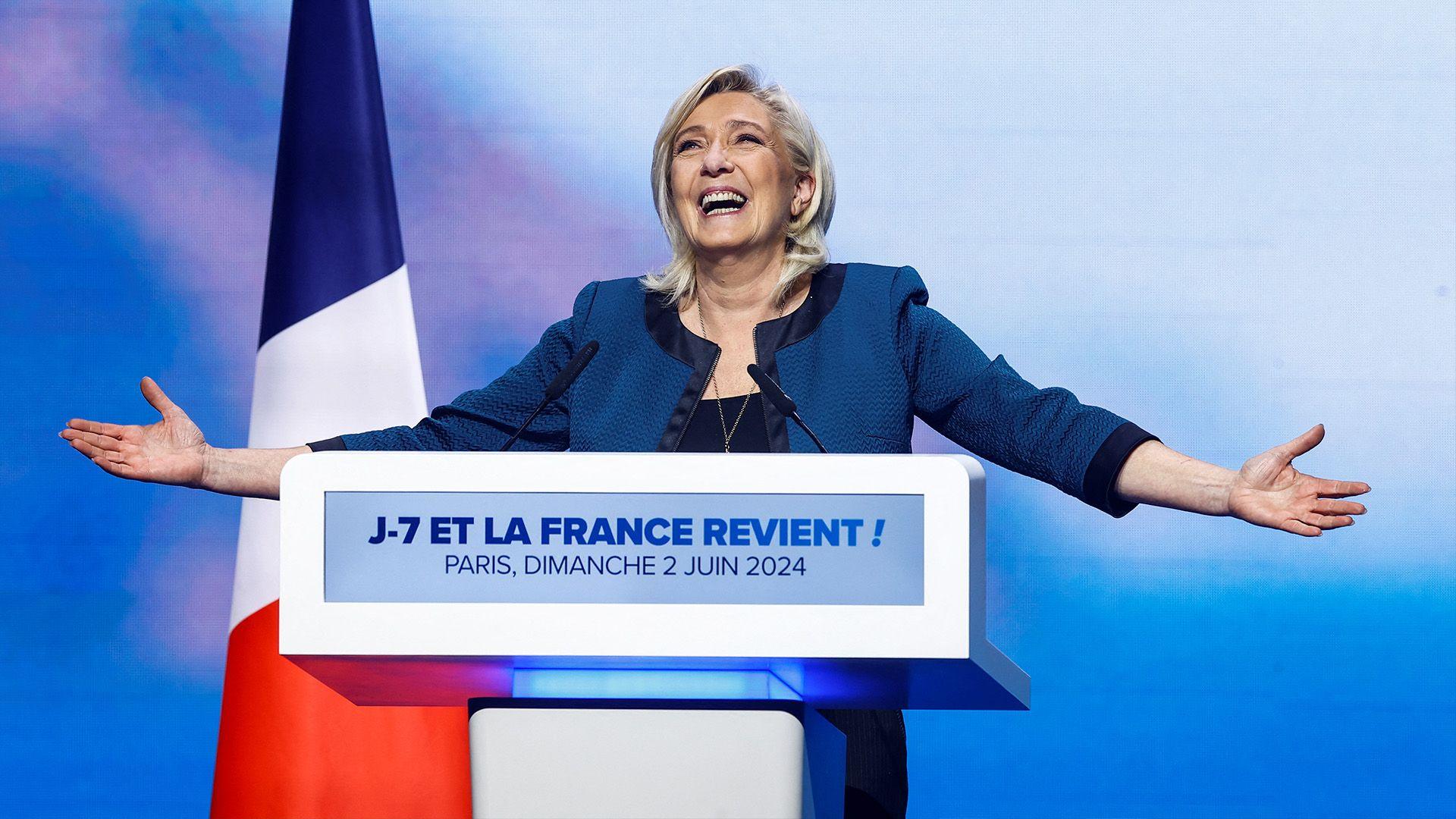
Marine Le Pen's party won more than 31% of the vote in the EU elections
The EU elections are different to presidential elections.
Countries within the EU each have representatives within the European Parliament where new laws are discussed and decided upon that affect people across the European Union.
These representatives are called Members of European Parliament (MEPs) and are voted for by the citizens of each country.
These elections are held every five years.
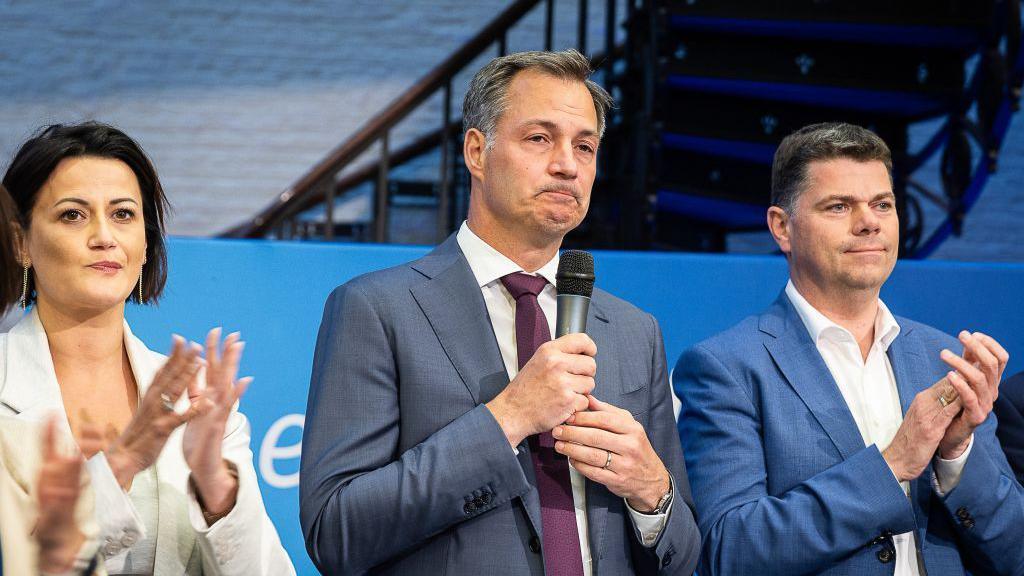
In response to a heavy defeat at the EU elections, Belgium's PM Alexander De Croo has resigned
Parties with similar views to Marine Le Pen's National Rally party had a successful night including in Germany, Spain and Hungary.
In Belgium, Prime Minister Alexander De Croo stepped down after suffering a heavy defeat.
In tears, he said it had been "a particularly difficult evening".
What does this mean for France?
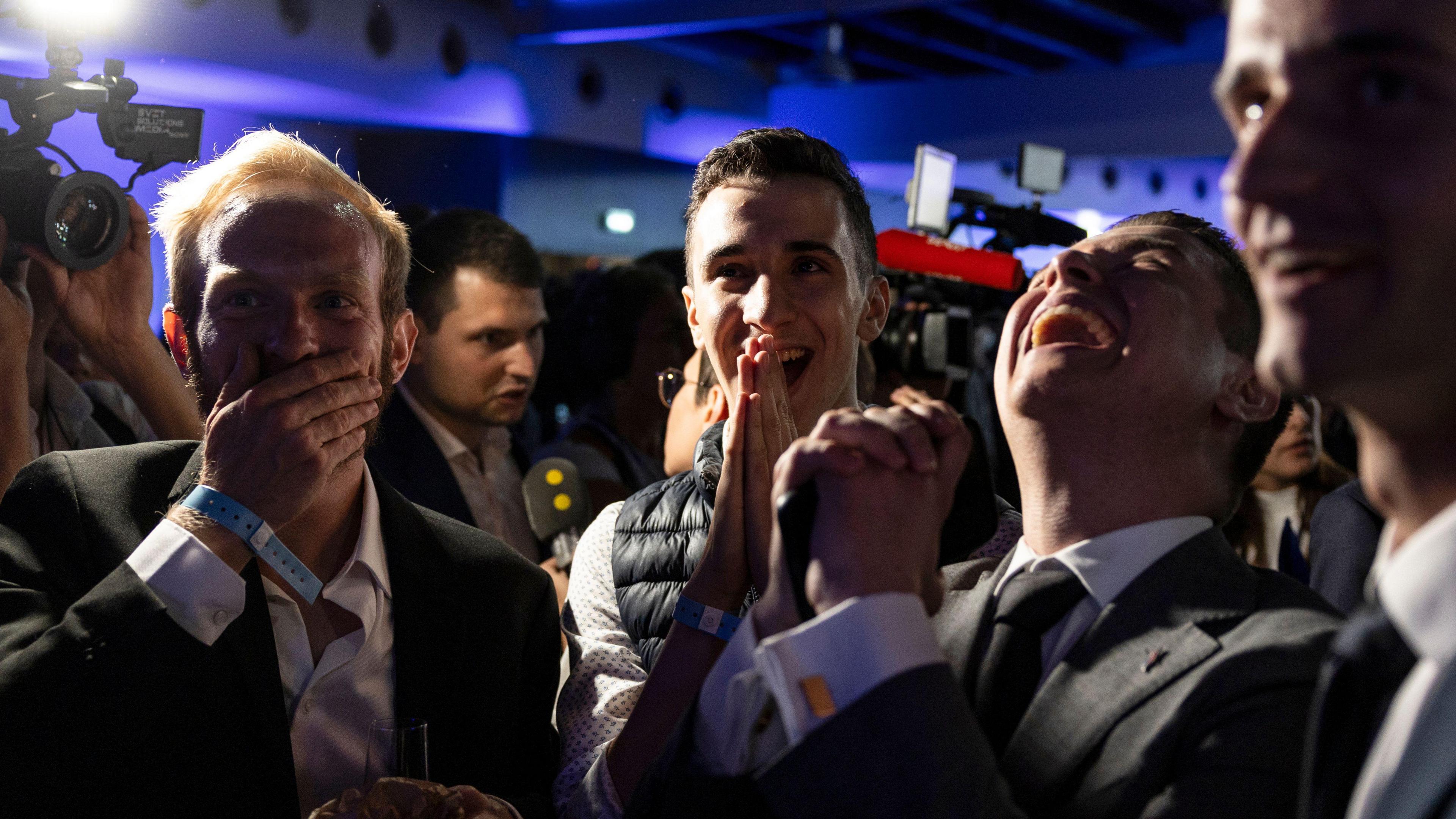
Supporters of France's National Rally react after President Macron's decision to call parliamentary elections
Hugh Schofield, a BBC reporter in Paris said the snap election called by Emmanuel Macron is a "huge surprise for the country and a huge risk for President Macron".
He already lacks a majority in the National Assembly so bringing in any new laws is difficult.
Schofield added: "Though this European vote in theory has no bearing on national politics, he clearly decided that continuing his mandate (authority to do things) without a new popular consultation (vote) would place too much of a strain on the system."
The first round of elections will take place on 30 June and 7 July.
The upcoming parliamentary elections won't affect Mr Macron's role as president as they are separate from the presidential elections. His term as president still has three more years to run.
More stories like this
- Published31 May 2024

- Published13 December 2019
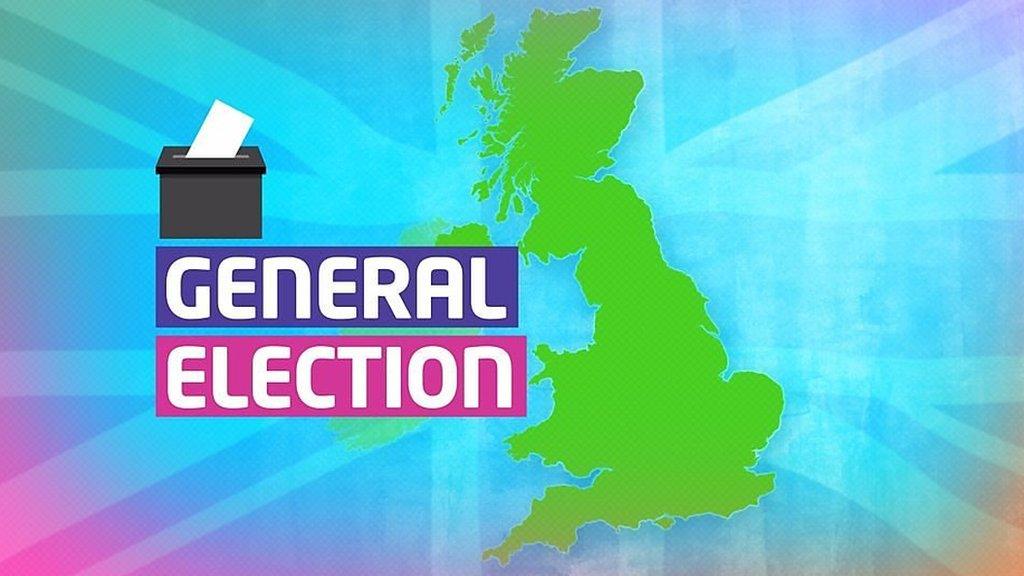
- Published23 May 2024
